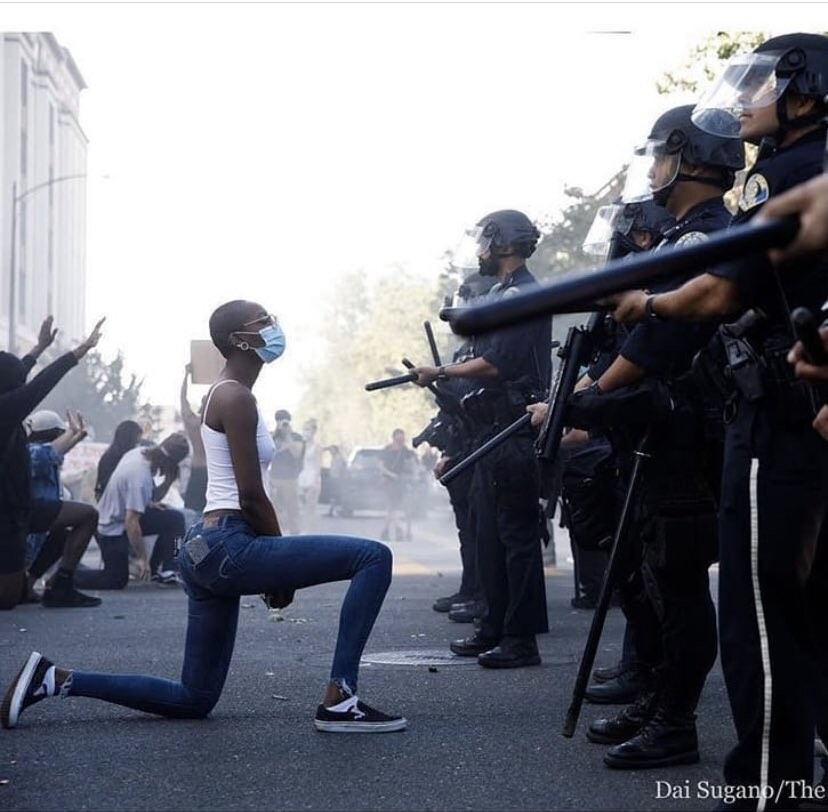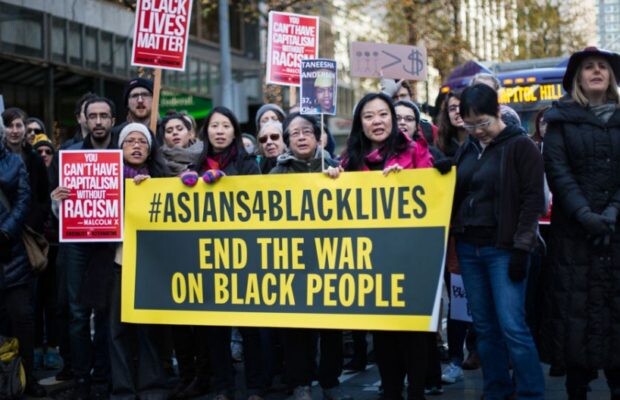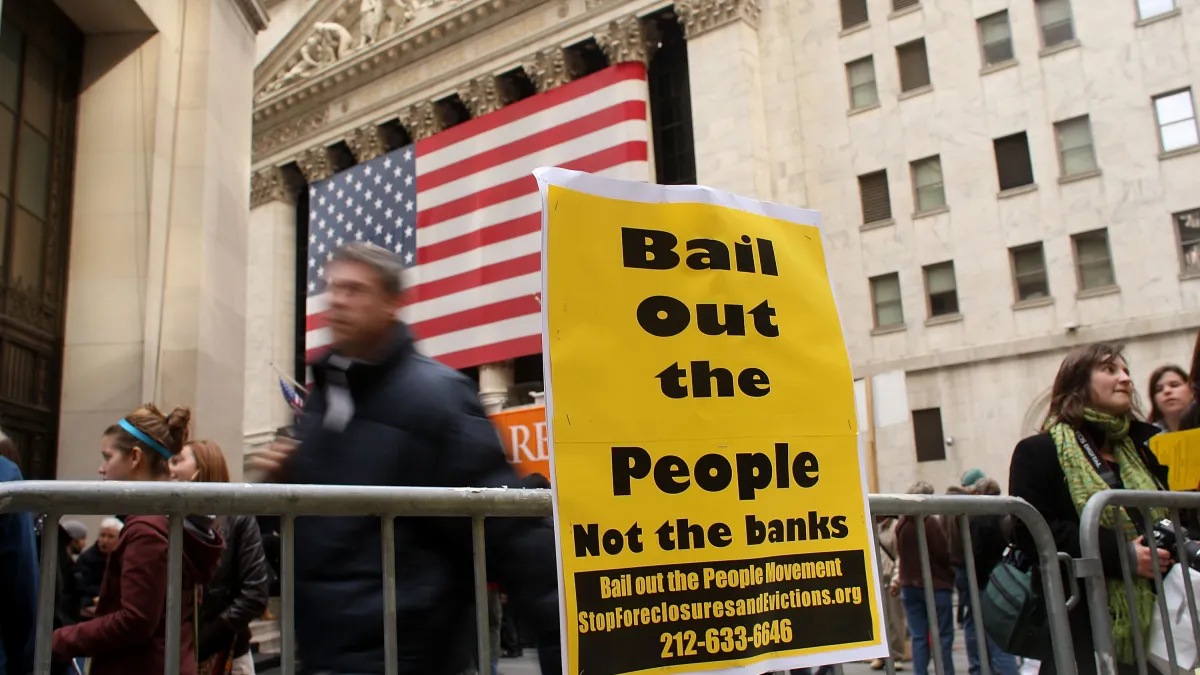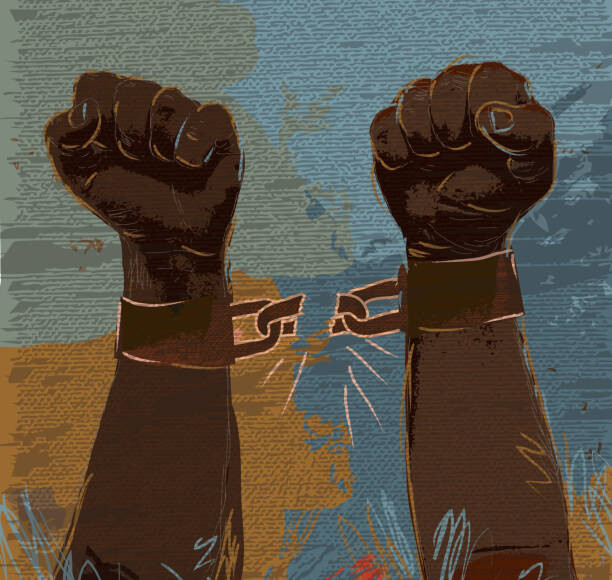ENGL 430-01:
The Revolution Will be Dramatized: Contemporary African American Drama
Spring 2023
Department of English
Amherst College
Wednesdays 2:30 PM – 5:15 PM
Professor Frank Leon Roberts (He/Him)
Preferred Salutation: “Dr. Frank”
Office Hours: By appointment through calendly
All students are required to meet me with at least once
https://calendly.com/frankroberts/30min | Email: froberts@amherst.edu
Course Description:
(Offered as ENGL-430 and BLST-303) This course focuses on contemporary African American playwrights. Special attention will be given to changes in the landscape of black American theater over the course of the last two decades. What does contemporary African American drama have to say about issues such as gender, sexuality, class, and/or social justice activism? How has black theater and drama been renewed and/or transformed in the wake of the contemporary movement for black lives? We will search for answers to these questions through close readings of plays by August Wilson, Dominque Morriseau, Antoinette Nwandu, Anna Deveare Smith, Donja Love, and Ntozake Shange among others. Our readings will be supplemented with viewings of live-theater performances (included a field-trip to New York City to see the Pulitzer Prize winning Broadway debut of Fat Ham) and virtual conversations with variety of contemporary black playwrights/theater artists. Students should leave this course with not only with a firm grasp on major debates in black theater and performance studies—but also a strong foundation in dramaturgy and dramatic criticism.
Note: Minor changes to the syllabus will likely be made during the drop/add period in response to the particular needs and backgrounds of the participants in the course. No changes will occur to the grading requirements. Hold off on making book purchases until February 8, 2023. Also, because our course includes multiple guest speakers (all of whom are professional working artists) it is likely that non-disruptive shifts may occur in terms of when/how they will appear in class.
Course Objectives:
This course is designed to:
-
- Teach you how to “close read” a play (i.e. introduce you to the formal tools of dramaturgical analysis).
-
- Provide you with a firm foundation in the major debates involved in the study/analysis of contemporary African American drama.
-
- Develop your skills as a theater critic and scholar.
-
- Help you to understand, identify, conceptualize, and approach the relationship between social justice activism and artistic production.
-
- Familiarize you with the history of African American theater and drama—with an emphasis on the 21st century landscape.
-
- Understand the distinct differences and generative overlaps between drama (as a literary genre) and theater (as a performance genre and embodied experience).
-
- Teach you how to effectively facilitate scholarly and community-oriented conversations about contemporary theater.
In short, this course is designed to help turn you into (or enhance your skills as) a professional theater critic, analyst, and scholar.
Required Readings:
-
- Aristotle, Poetics
-
- Dominique Morriseau, Pipeline
-
- Anna Deveare Smith, Notes from the Field
-
- Donja Love, One in Two
-
- Antoinette Nwandu, Pass Over
-
- Ntozake Shange, For Colored Girls
-
- James Ijames, Kill, Move, Paradise
-
- Dennis Allen, When We Wake Up Dead
-
- Erika Dickerson-Despenza, CULLUD WATTAH
A copy of Aristotle’s Poetics and the plays by Donja Love, Erika Dickeron-Despenza, Dennis Allen, and James iJames will be provided to you free of charge.
Charlene Carruthers, “Five Questions” (Chapter 3, Unapologetic: A Black, Queer, and Feminist Mandate for Radical Movements)
Requirements
Active Verbal In-Class Participation and Perfect Attendance 30%
Given that this course meets half as many times as most classes, attendance to every session in crucial. All students are allowed one absence. Absences beyond this will lock you out of the opportunity of receiving an A grade in this course.
In addition, active verbal in-class participation is essential. You are expected to come to every class with a critical “sound bite” on the readings for that day. (This does not apply in the one or two sessions when we are not doing any readings.)
Short Journal Reflection Entries 25%
For each play that we read, you will write a 2 to 3 page “critical review.” Utilizing the analytic tools that we will discuss in class for analyzing theater/drama (narrative (in)coherence/formalism/symbolism/actorly performance/direction /historical context/political relevance/intertexualism) you will reflection on the play under consideration for that week.
Critical Respondent/Class Facilitation
All students will serve as “critical respondents/facilitators” at least once over the course of the semester (in small groups). More specifically, for each play that we actually read (there will be some plays, such as Hamilton, that we only watch rather than read) a small group of students will offer a 25 minute “close reading” of the play (character analysis/dramaturgical analysis) and lead class discussion (during that same 25 minutes) on that day. As a “critical respondent” the job of your group will be to guide us through the play under consideration for that week. What are the major issues in the play? Who are the characters? What is the historical context? Why does the play matter? One framework you are always welcome to use for leading discussion is Dr. Frank’s “How to Close Read A Play: A 10 Point Guide for Dramaturgical/Performance Analysis.”
Midterm Paper: 3-5 Pages 20%
Some Questions to Ask a (Black) Play
Riffing on Eleanor Fuchs’s landmark contribution to dramaturgical analysis, “Some Questions to Ask a Play,” and drawing from your encounters with the work of August Wilson, Amiri Baraka, and the theater thought-leaders who have visited us in class this semester—-write a 5 to 7 page manifesto/analysis on how to “read” a Black play. What specific “questions” does reading a “black” play entail, in your estimate?
Final Paper:
Some Questions to Ask a (Black) Play, Part II
10-15 Page Comparative Analysis of 2 Plays 25%
Building on the insights articulated in your midterm (“Some Questions to Ask a (Black) Play”) and Dr. Frank’s “How to Close Read A Play: A 10 Point Guide for Dramaturgical/Performance Analysis,” revise/extend your midterm to paper now include a longer comparative analysis of two of the plays we have read this semester. What makes these plays “revolutionary”? (“revolutionary” to what ends? against what? for whom? in what ways?). What formalistic characteristics do their share? In what ways do they speak to each other (intertextuality)? What revolutionary traditions do they draw from and/or build on?
Grading:
35% Active Verbal Participation & In-Class Facilitation (20 to 25 Minutes)
20% Weekly Journal Entries
20% Midterm 3-5 Page Paper
25% Final 10-15 Page Paper
Attendance:
Given that this course meets only once a week, you are required to attend every class. You are granted one excused absence. Any student who is absent more than once (beginning February 8, 2023) cannot receive an “A” in this course
Meeting Schedule:
Wednesday 2/1: Introductions & Community Agreements
Introductions
Community Agreements
In-Class:
Dr. Frank, “How to Analyze a Play”
Wednesday 2/8: Becoming a Drama and Theater Critic
Homework:
Read Before Class:
Aristotle, Poetics
Eleanor Fuchs, “Some Questions to Ask A Play”
Diana Taylor, “Acts of Transfer”
Supplementary/Strongly Recommended Text:
Zora Neale Hurston, “Characteristics of Negro Expression”
Journal Writing: 3 page (double space, Times New Roman 12 font) critical reflection on Aristotle, Fuchs, Taylor (and possibly Hurston). The structure and composition of your response is open-ended (i.e. you have complete creative license in how you respond) but be sure to incorporate all four authors into your comments. It may be useful to dedicate one page to each author (though this is not required). Due 2/7 via moodle tab entitled “Journal Entry #1”
Wednesday 2/15 Becoming a Social Justice Organizer
Homework:
Read Before Class:
Charlene Carruthers, “All of Us or None of Us” and “Five Questions” (from Unapologetic)
Multiple Authors, Dear White American Theater, We See You
Barbara Ann Teer, “Letter to the Future”
*Note: all of these readings will be available on moodle.
Browse Through/Casually Listen To: Handsup: 7 Playwrights, 7 Plays
Journal Writing: Post your critical response (500 word minimum, 800 word max) to the readings and radio-play on the moodle discussion board entitled “Critical Responses to 2/15 Readings.”
Come to class prepared to ask Jonathan McCrory (our special guest) one question based on the readings or your independent review of his work (you can google past interviews of Mr. McCrory).
In-Class
Special Guest: Jonathan McCrory, Artistic Director, National Black Theater
Jonathan McCrory
Jonathan McCrory is an Obie Award-winning, Harlem-based artist who has served as Artistic Director at National Black Theatre since 2012 under the leadership of CEO, Sade Lythcott.He has directed numerous professional productions and concerts which include: How the Light Gets In (NYMF), Klook and Iron John (NAMT), Dead and Breathing, HandsUp, Hope Speaks, Blacken The Bubble, Asking for More, Last Laugh and Enter Your Sleep. He has worked at ETW at TISCH NYU with Emergence: A Communion and evoking him: Baldwin and at Suny Purchase directing Exit Strategy, & A Beautiful Day in November on the Banks of the Greatest of the Great Lakes.In 2013, he was awarded the Emerging Producer Award by the National Black Theatre Festival in Winston Salem, North Carolina, and the Torch Bearer Award by theatrical legend Woodie King Jr. He is a founding member of the collaborative producing organizations Harlem9, Black Theatre Commons, The Jubilee, Next Generation National Network and The Movement Theatre Company. McCrory sits on the National Advisory Committee for Howlround.com and was a member of the original cohort for ArtEquity. A Washington, DC native, McCrory attended the Duke Ellington School of the Arts and New York University’s TISCH School of the Arts. To learn more,
Wednesday 2/22
The Ground on Which We Stand: August Wilson and the Black Radical Theatrical Tradition
Homework:
Watch Before Class: August Wilson: The Ground on Which I Stand
Read: August Wilson, Ma Rainey’s Black Bottom
August Wilson, The Ground on Which I Stand
Amiri Baraka, “Revolutionary Theater”
Journal Writing: 500-750 journal reflection on the August Wilson documentary and Ma Rainey’s Black Bottom
In-Class:
Watch: Film Adaption Ma Rainey’s Black Bottom
1st Critical Respondents: ___________
Organizing Question: In what specific ways did the film feel “different” (or the same) of the play? Analyze the film by engaging the following issues: character analysis, plot (was the plot “coherent”? did the story “develop” or remain stagnant?), symbolism (what “meanings”—hidden or explicit—did the play present to the reader/viewer); actorly performances
Wednesday 3/1:
Black Life and Death, On Stage: The Theater of James iJames
Homework:
Read Before Class: James iJames, Kill, Move, Paradise (note: this play is currently being brought back from out of print. I will attempt to provide you with a copy by 2/15).
Write: In approximately 750 to 800 words, reflect on your experience reading James iJames’s Kill, Move, Paradise. Drawing from Eleanor Fuchs’s framework address “the world,” of the play, the “critical mirrors” it reflects back on our contemporary moment in American history; and discuss specific characters that resonated with you. What were your thoughts on the plot and structure of the play? What about the play’s dénouement? What, if anything, made this play feel “revolutionary” at the level of subject matter (or any other “matter”)?
In-Class:
Viewing: James Ijames, Kill, Move, Paradise
Special Guest:
Andrew Shade, Founder, BroadwayBlack.com
Wednesday 3/8
The Theater of Antoinette Nwandu
Homework:
Read Before Class: Antoinette Nwandu, Pass Over
Watch: Antoinette Nwandu and Frank Leon Roberts conversation
In-Class:
Watch: Spike Lee Adaption of Pass Over
2nd Critical Respondents: ________________
***** SPRING BREAK MON 3/13- SUN 3/19 *****
Wednesday 3/22
For Colored Girls: Ntozake Shange and the Makings of a Black Theater Tradition
Homework:
Read: Ntozake Shange, For Colored Girls
Critical Essay on Shange TBA
Audre Lorde, “A Litany for Survival” and “Your Silence Will Not Protect You
Journal Writing: Utilizing Dr. Frank’s Guide to Dramaturgical Analysis—analyze Shange’s For Colored Girls in 800 words.
3rd Critical Respondents: _________________
Erika Dickerson-Despenza
MIDTERM DUE
Class Trip To New York City Saturday March 25th (Alternate Date: Saturday April 1, 2023)
FAT HAM on Broadway
n
Come see #FatHam starting March 2023 for all the sweet tea. ? https://t.co/V8JmHov9nR#Broadway #BroadwayPlay #Hamlet #BroadwayComedy #NationalBlackTheatre #PublicTheater #BlackArtists #BlackWriters #BlackMagic pic.twitter.com/4z2zVBTtQL
— Fat Ham Broadway (@FatHamBway) January 19, 2023
Wednesday 3/29
Towards a Queer Black Theater Tradition: Tarell McCraney & Donja Love
Homework
Read Before Class: Donja Love, One in Two & Soft
Watch Before Class: Tarell Alvin McCraney, “Theater of Belonging” (short youtube)
In-Class:
Special Guest: Donja R. Love
4th Critical Respondents _______________
Donja Love
Drew Shade
Wednesday 4/5
The School to Prison Pipeline, On Stage
Homework:
Read: Dominque Morriseau, Pipeline
Journal Writing: (Due on 3/24)
Utilizing Dr. Frank’s guide to dramaturgical analysis and incorporating all of our conversation up until this point—how did the experience reading Pipeline differ from viewing a performance?
In-Class:
Viewing: Dominique Morriseau, Pipeline
5th Critical Respondents: ___________
Wednesday 4/12
The Black Documentary Theater Tradition
Homework:
Read Anna Deveare Smith, Notes from the Field
Journal Writing: (Due 4/14) Based on your reading and in-class experience watching Notes from the Field, compose a 3 page review of this one woman show and its attendant issues.
In Class:
Watch, Anna Deveare Smith, Notes from the Field
***** APRIL BREAK MON 4/17-4/18 *****
Wednesday 4/19
Is Hamilton Black Theater?
Homework:
Read: Dominic Taylor, “Don’t Call African American Theater Black Theater”
In-Class:
Special Guest: Bryan Terrell Clark (“George Washington” in Broadway Cast of Hamilton)
Viewing: Hamilton
Wednesday 4/26
Shange’s Daughters: Towards a Queer Black Feminist Theater
Read: Erika Dikerson-Despenza, Cullud Wattah
Re-read: “White American Theater, We See You”
In Class:
Special Guest: Erika Dikerson-Despenza, Playwright
6th Critical Respondents ________
Wednesday 5/3 Emergent Playwrights
Homework:
Read Dennis A. Allen II, When We Wake Up Dead
Journal: 500 to 800 word critical review of the play
Prompt: what “revolutionary” conversations is this play engaged in? what characters resonate with you, and why? In what ways is this play in conversation with previous theatrical work we have studied this semester? What do you make of the playwright’s use of language/symbolism/character development/plot development?
In Class:
Special Guest: Dennis A. Allen II, Playwright
7th Critical Respondents: ___________
Dennis A. Allen II
FINAL DUE
Latest Posts
Spring 2022 Black Women Artists
January 25, 2022
The Making of The Black Lives Matter Syllabus
June 11, 2020
43 Bail Funds You Can Support Right Now
May 31, 2020
Support Nationwide Bailout Funds
May 31, 2020
Abolition Study
May 31, 2020






